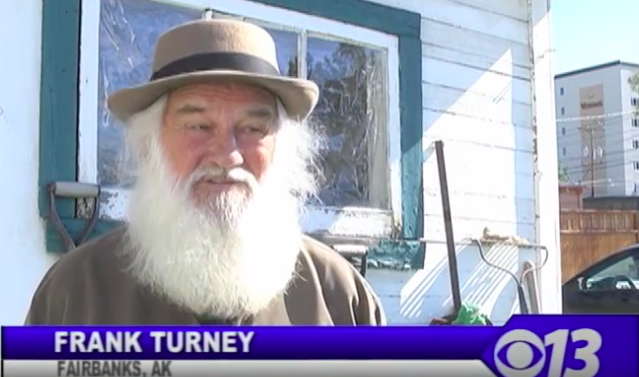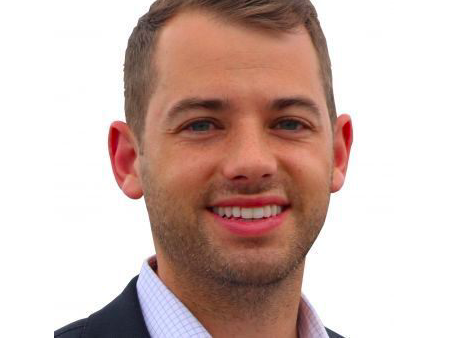A Fairbanks Superior Court judge said he’s leaning toward dismissing a lawsuit by a Republican former lawmaker against Senate President Cathy Giessel and House Speaker Bryce Edgmon for not convening a special session in Wasilla, as determined by the governor this summer.
But while Judge Michael MacDonald said he believes Al Vezey, the former legislator from North Pole, doesn’t have standing to bring a lawsuit, an Anchorage Superior Court judge has accepted a mirror-image lawsuit by two Democrats against Gov. Mike Dunleavy for calling the special session in Wasilla.
Anchorage attorneys Mary Geddes and Kevin McCoy filed the lawsuit against Dunleavy on behalf of themselves. They do have standing, said Anchorage Superior Court Judge Josie Garton.
These cases are two sides of the same coin, dealing with whether a governor has the right to determine the location of a special session that he calls — a duty granted to him in a statute passed in 1959.
And they both are passing through the determination of whether the plaintiffs have “standing” to bring such a lawsuit.
While the judge in Anchorage decided the Democrat plaintiffs have standing, the judge in Fairbanks wants more proof from the Republican plaintiff that he can bring such a lawsuit — or else the judge says he will probably dismiss it.
On Friday, Anchorage Superior Court Judge Garton said that although the dispute over that particular special session is over, there is an underlying question that hasn’t been decided, which is why she wants the case to go forward: Does the governor of Alaska have the authority to not only call a special session, but to name the location? Or is that unconstitutional violation of the separation of powers between the Executive Branch and the Legislative Branch of government.
Garton, in a 27-page order, denied the State’s attempt to have the case dismissed on the grounds of standing.
Garton noted that there are different kinds of standing and that Geddes and McCoy are in the citizen-taxpayer category. This “standing” measure was part of the argument the State made in an effort to have this case dismissed.
Although the governor eventually capitulated and moved the special session to Juneau, where it was conducted and concluded, the question of the constitutionality of his first special session call is what the case is about. Attorneys Geddes and McCoy amended their original lawsuit and are now seeking a declaratory judgment that the governor overstepped his constitutional authority.
The State argued to the Anchorage judge that the whole issue was a political dispute and those disputes should not be decided by a court.
Garton wrote that while both parties agree the issue is moot because the governor ultimately amended his proclamation and moved the special session to Juneau, this matter rises to the level of “public interest,” which is an exception to the “mootness doctrine.”
But back in Fairbanks, Judge MacDonald requested that both parties in that lawsuit issue briefs about whether Vezey has legal standing.
“Unless the plaintiff is able to establish that he has either interest-injury or citizen-taxpayer standing, this Court will be obliged to dismiss the case due to lack of subject-matter jurisdiction,” MacDonald wrote. MacDonald has said that Vezey’s “public interest” standing argument is no good.
Vezey, through his attorney William Satterberg, is now trying the citizen-taxpayer argument.
The brief by Giessel and Edgmon’s attorney argue that Vezey doesn’t have that standing either, nor any other.
“Mr. Vezey’s Complaint fails to identify any interest of his that was adversely affected by the Defendants’ conduct here. Instead, he points out that the only persons who were allegedly adversely affected were those legislators who assembled in Wasilla — not Mr. Vezey. There is no indication, evidence, or even allegation that the location of the special session was likely to — or did — cause Mr. Vezey any sort of harm.”
But Vezey wrote that he pays taxes and fees for his professional licensing, pays for his state-mandated continuing education, pays taxes through purchases of motor, aviation, and marine fuel, and has numerous other dealings with the State of Alaska as a business owner. Beyond that, he’s received a Permanent Fund Dividend every year since 1982.
These things, he wrote, give him standing as a citizen-taxpayer, especially since the Legislature has chosen to curtail dividends and use a portion of them for government during the past three cycles of the oil wealth check, rather than issue them in full to qualified citizens.
Judge MacDonald is considered left-leaning and if he decides against accepting Vezey as a valid plaintiff, the case will likely be appealed to the Alaska Supreme Court.
(Editor’s note: Mary Geddes is a registered Democrat and her co-plaintiff Kevin McCoy is a registered Nonpartisan; they share the same address and both signed the petition to recall the governor. For these reasons, they are referred to as Democrats in this story.)







